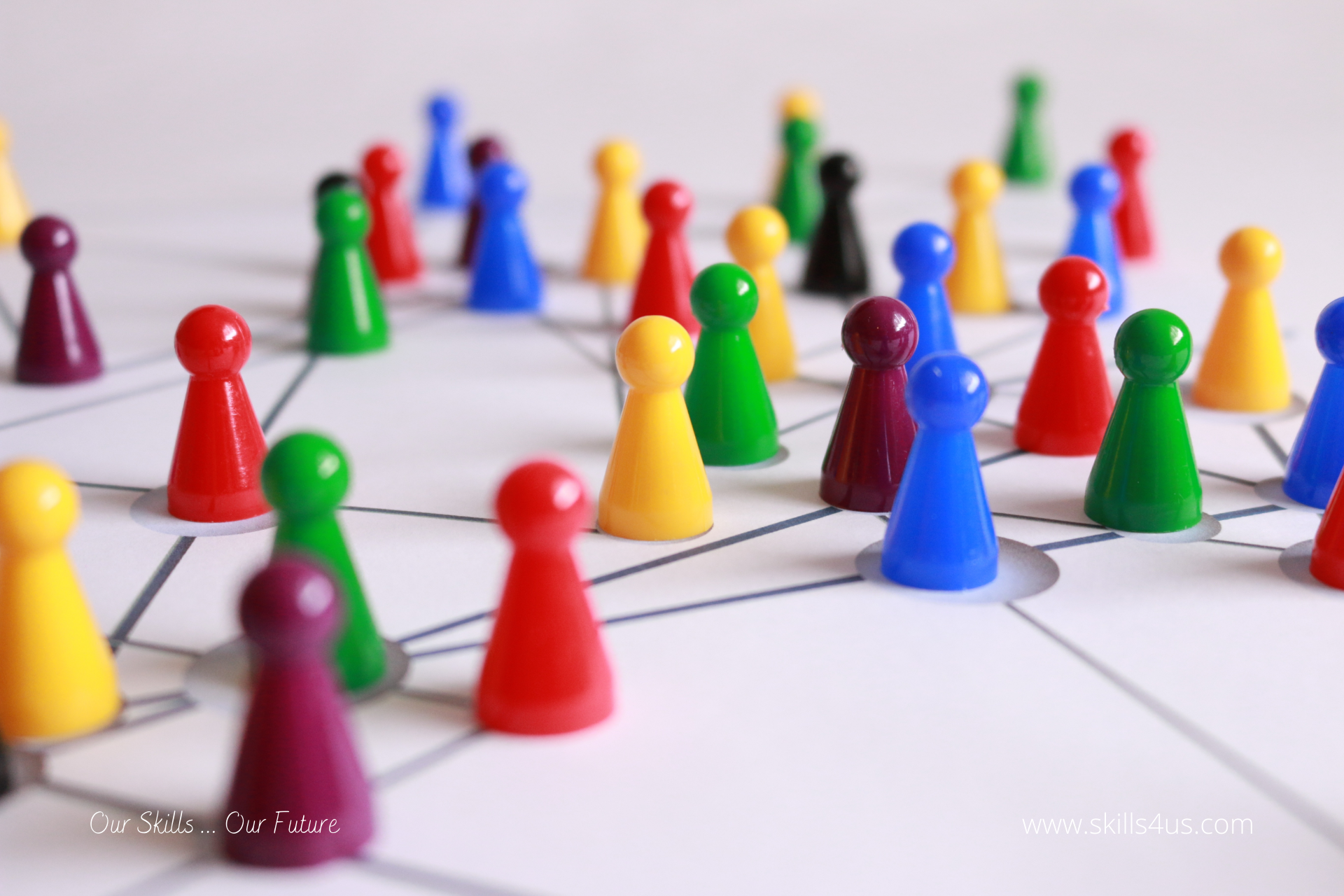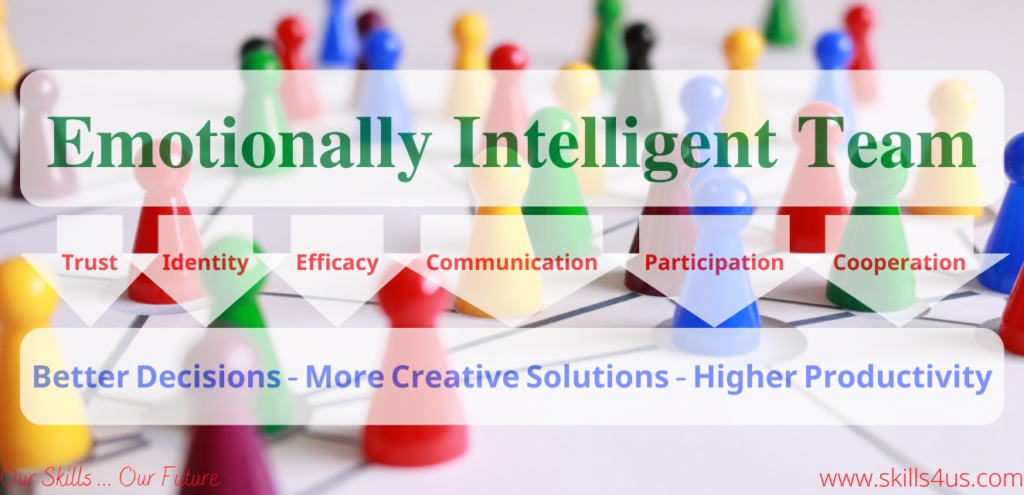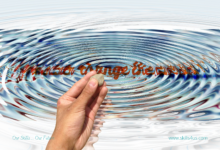
Emotionally Intelligent Teams More Effective and Productive
Many business organizations view emotional intelligence as only an individual competence or skill. In comparison, emotional intelligence has a tangible impact on the work teams that make up the reality of work in most organizations today. Thus, individual emotional intelligence has a collective counterpart and is just as critical to team effectiveness, where teams can develop greater emotional intelligence and thus enhance their performance. If managers have an urgent need today, it is to create emotionally intelligent teams that work more creatively, effectively, and productively.
Why should build emotionally intelligent teams
No one disputes the importance of making teams work more effectively. But most of the focus has been on identifying the task processes that characterize the most successful teams. i.e., recognizing the need for cooperation, participation, commitment to goals, etc. The trustworthy source of the team’s success lies in the primary conditions allowing members to participate wholeheartedly in effective mission processes.
A team must create emotionally intelligent standards for it to be most effective. Which are attitudes and behaviors that eventually turn into habits that support these attitudes and behaviors to build trust among team members, a sense of team identity and effectiveness, and lead to full engagement on tasks.
Levels of emotional interaction in the team
A team with some emotionally intelligent people does not necessarily make an emotionally intelligent team. So, creating habits of trust among members and a sense of team identity and effectiveness requires more than fewer members who exhibit emotionally intelligent behavior. It requires a collective atmosphere of norms that build the emotional capacity to respond constructively to different situations and influence emotions constructively. Team emotional intelligence is more complex than individual emotional intelligence because they interact at more levels.
To understand the differences, let’s look at the concept of individual emotional intelligence, which is an individual’s awareness of, and ability to regulate emotions as this awareness and organization are directed inward, to the self, the outside, and others. Because “personal competence” comes from being aware of, managing, and regulating one’s feelings, social competence is awareness, management, and regulation of the emotions of others.
However, the team must prepare for another level of awareness, management, and organization. It must also be mindful of its members’ feelings, its own team’s emotions or moods, and the feelings of other teams and individuals.
Dealing with the perspective of team members
Many teams build high emotional intelligence by looking at things from an individual’s perspective. For example, a situation in which a team of four must come to a decision; Three of them agree in one direction, and the fourth favors another. Traditionally, in this case, many teams go directly to a majority vote. But emotionally intelligent teams will pause first to hear the opposing viewpoint. In this way, the team has a better chance of creating trust among the members, leading to greater participation.
Regulating the feelings of team members
Personal understanding and perspective are two ways teams can become more aware of their members’ views and feelings. But awareness is just as important as the ability to regulate those feelings, positively impacting how they’ll express and even how individual team members feel. The objective should be to strike a balance between team cohesion and members’ uniqueness in their views. A constructive way to regulate team members’ feelings is by setting standards in the group for both confrontation and attention. Therefore, we must strengthen interpersonal understanding, perspective, conflict, and concern norms. These build trust, a sense of team identity, and effectiveness among its members.
The effectiveness of emotionally intelligent teams
Many teams make a conscious effort to build team spirit. What is happening here is that teams and their leaders realize that they can improve the team’s overall attitude. That is, they regulate emotions at the team level.

Emotionally intelligent teams set standards that enhance their ability to respond effectively to the emotional challenges they face daily. Note that these standards contribute to the following:
- Creating work resources that all members can rely on to deal with the feelings and emotions of the team.
- Creating a positive work environment by regulating feelings at the team level, where optimism, positive images, and explanations prefer over negative ones.
- Focusing on proactive problem solving for difficult situations, as it refers to a team that controls its emotions, refuses to feel helpless, is diligent, and can take matters into its own hands.
Rules that build trust, team identity, and effectiveness are vital to making teams creative. It allows a highly skilled and resourced team to realize its potential, and it can help a team facing significant challenges achieve great things.
Encouraging teams to develop standards related to emotional intelligence can increase team productivity and create better collaboration between multiple teams. And employees who can trust their team members to work in an emotionally intelligent way consistently are also more motivated to work together effectively.
In the age of teamwork, it is essential to know what makes teams work. Teams, like individuals, are the most effective with emotional intelligence, and any team can achieve emotional intelligence.



